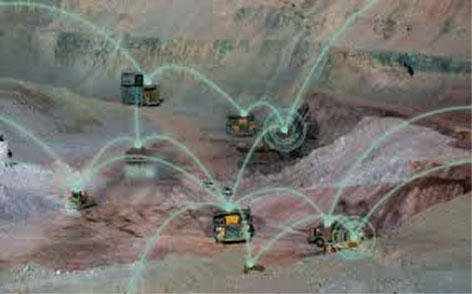NEW DELHI, Aug 13: Miners’ body FIMI on Thursday said digitalisation is challenging traditional industry lines and business models and there is a need for adoption of technology and digital mining in India.
According to Federation of Indian Mineral Industries (FIMI) across the mining value chain, from mineral exploration and valuation, through mining, ore processing and metals production, to downstream sales and distribution, digitalisation is challenging traditional industry lines.
“Digital mining will be the source of transformational change, but there are a number of hurdles to be addressed. As technology empowers some workers and creates new jobs, it could also threaten traditional roles,” FIMI Vice-President R L Mohanty said during a webinar on ‘Digital mining: A step closer to Atmanirbhar Bharat’.
This is where the constant need of skill upgradation of our people comes into picture, he said adding that there is also a need to strengthen cyber-security as well as digital skills of our human resources engaged in mining.
More than just technology adoption, digital mining is an approach to run the mining business more effectively and sustainably across the entire value chain, he added.
During the present COVID-19 pandemic, productivity and safety remain the prime concern in the mining sector.
Faced with these challenges, the Indian mining industry is striving hard to improve its productivity, optimise costs and adopt newer ways of conducting business, Mohanty said.
This has indeed accelerated the need for adoption of technology and digital mining in India. It is also the need of the hour to design mining operations with latest technology innovation towards the goal of Atmanirbhar Bharat, he stressed.
“Especially after the lockdown, we have all realised the importance of digitalisation in our professional as well as personal lives – how it facilitates interaction at individual mine level, project or organization level,” he added.
Digitalisation in mining offers the promise of profitable business, with improved decision-making and increased employee empowerment. More importantly, digitalisation can improve health, safety and environmental impact thus saving lives, reducing injuries, lowering emissions and waste, and increasing transparency and sustainability, Mohanty explained. (PTI)


